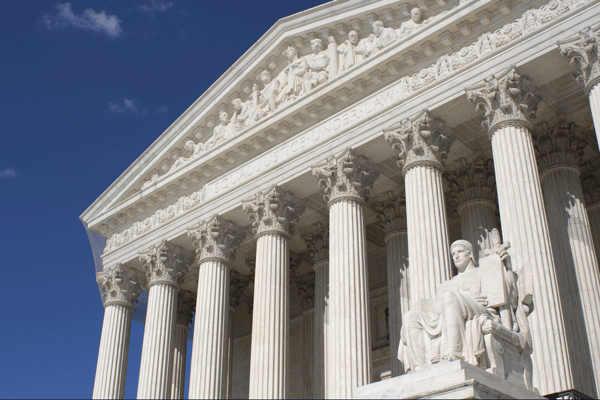
Further emphasizing the federal policy favoring arbitration under the Federal Arbitration Act (FAA), the U.S. Supreme Court this week again reversed a California decision that failed to enforce the terms of an arbitration agreement.
The 6-3 decision on December 14 came in the case of DIRECTV, Inc. v. Imburgia.
Arbitration Provision
In DIRECTV, the service agreement contained an arbitration provision that included a class action waiver. This provision specified that the enforceability of the arbitration clause and class action waiver would be interpreted according to the “law of the state” where the consumer resides. A separate provision of the agreement indicated that the contract would be governed by the FAA.
A consumer in California filed litigation against DIRECTV, which placed the enforceability of the arbitration provision in the service agreement at issue.
California Courts
The California trial court and Court of Appeal denied DIRECTV’s motion to compel arbitration on the basis that the “law of the state” in California was that class action waivers are unconscionable and unenforceable. This statement of law was based upon the California Supreme Court’s holding in Discover Bank v. Superior Court, 36 Cal.4th 148 (2005).
Notably, the U.S. Supreme Court essentially reversed the decision by the California Supreme Court in Discover Bank by ruling in AT&T Mobility, LLC v. Concepcion, 563 U.S. 333 (2011), that states are prohibited from conditioning enforcement of arbitration agreements on the availability of class action procedures.
Basically, Concepcion approved the enforceability of class action waivers in arbitration agreements, and therefore deemed the holding in Discover Bank invalid. Despite this, the California courts relied upon the Discover Bank decision to render the arbitration agreement unenforceable.
U.S. Supreme Court Analysis
Upon review, the U.S. Supreme Court acknowledged that states have the authority to interpret contracts according to state law, even though it expressed “doubt that the Court of Appeal ha[d] correctly interpreted California law” in this case.
With that said, under the FAA, states cannot apply contract principles that have an impact only on arbitration agreements, as opposed to other contracts.
Specifically, the Supreme Court focused on whether the California court decision “place[ed] arbitration contracts ‘on equal footing with other contracts.’”
In its analysis, the Supreme Court found no other example in California of a contract being deemed unenforceable on the basis of an invalid statement of law. The high court stated that there was nothing in the Court of Appeal decision that would suggest the same decision would be reached in any contract other than one for arbitration.
Accordingly, the U.S. Supreme Court determined that California had not given “‘due regard . . . to the federal policy favoring arbitration,’” and therefore the Court of Appeal decision was pre-empted under the FAA.
The DIRECTV decision by the U.S. Supreme Court is another strong indication as to the federal pre-emption in this area and the inability for states to target or discriminate against arbitration agreements.

